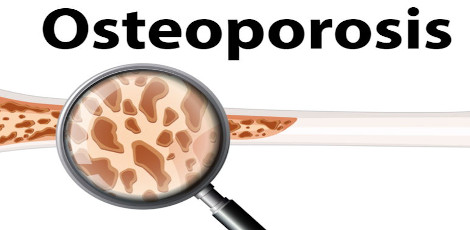Drinking is not a solution to handling stress
Posted on: 09/Feb/2017 5:10:08 PM

It’s a misconception that alcohol relieves stress and other emotional issues. Also, even a few extra drinks a week can prove to be harmful, both in the long and short term.
The short-term effects of drinking too much include nausea, vomiting, giddiness, and a false sense of well-being and happiness. But in the long-term, every organ in the body can get affected. Alcohol can damage those parts of the brain that affects behaviour, and the ability to learn and remember things. Heart attacks are common too. Alcohol increases blood pressure and with that, several complications related to heart, such as attacks and strokes. Your lungs are also more prone to infections. There are multiple ways in which the liver gets affected. First is called the fatty liver. It could then develop into cirrhosis of the liver and finally, it can lead to liver cancer.
The only difference in alcohol’s effect on a woman is that she could develop infertility. The misconception arises because of the psycho-social environment we are in - male teens are more likely to have alcohol than female teens. And when they move into adulthood, males are less likely to come off it than females.
When we exercise, the fat in the body turns into calories and gets used up. But alcohol already has a lot of calories, and it is only these calories that are burnt first when you take up any physical activity. As a result, the calories and the fat that are not used up start getting accumulated in the system.
One of the main things that needs to be addressed is the fact that it’s an addiction, and that it affects your mental health as well. It alters the emotional situation of the patient, and causes a range of disorders such as depression and anxiety.







